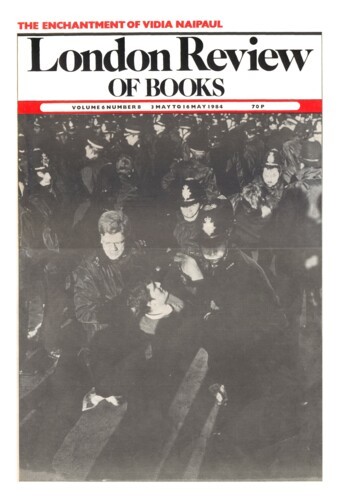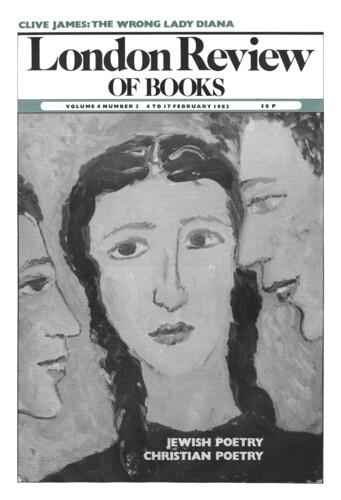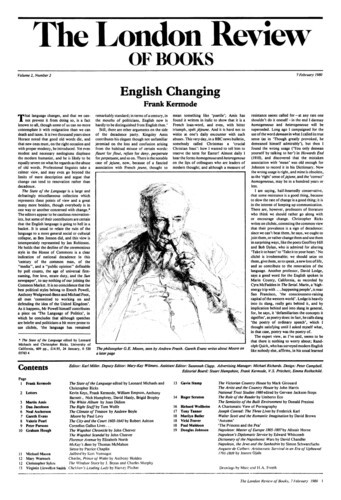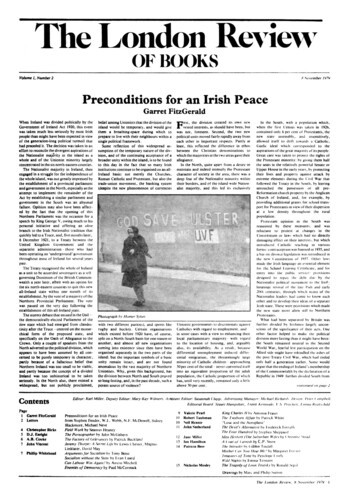Joint-Stock War
Valerie Pearl, 3 May 1984
Dr Palliser’s The Age of Elizabeth is the latest volume in a series which seeks to relate English and British economic and social history from the Anglo-Saxons to the Welfare State. Its initial and terminal dates as given in the title appear to follow a publisher’s or general editor’s dictum under which successive volumes will start to cover the precise date on which a previous author closed his account. Hence the ‘age of Elizabeth’ appears to begin from 1547 with the reign of Edward VI. Such concessions to historical ‘tidiness’ (or are they concessions to the continuing draw of Elizabeth’s name?) are small matters. The author does not allow himself to be too closely confined by artificial boundary posts.




